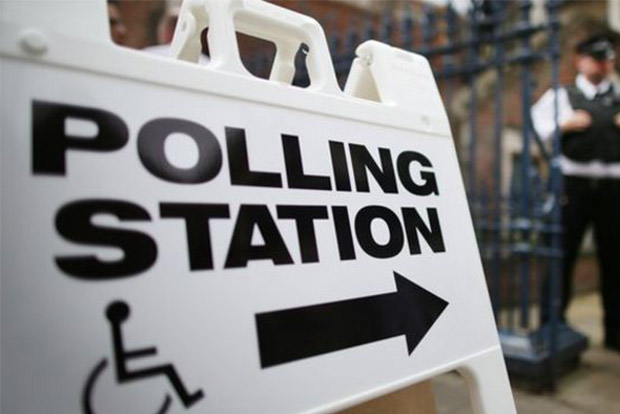Make manifestos, campaign venues accessible for diffabled: Activists
For an inclusive election, political parties must ensure that their manifestos are accessible to persons with disablity to begin with and the focus should move from welfare assistance to their active participation and social inclusion.

Chennai
Smitha Sadasivan, a member of Disability Rights Alliance, said with at least 15 per cent of the total population of India comprising persons with disabilities (according to World Health Organisation (WHO), an active effort has to be taken to include them in the democratic process.
“Apart from the manifestos, the awareness programmes conducted by the parties should be accessible in terms of meeting premises, information and communication. Candidates must ensure their political addresses or speeches don’t mention persons with disabilities in a derogatory manner, especially as a metaphor to the behaviour of opposition party, groups or individuals. The parties should also include in their manifesto full participation of persons with disabilities in all committees, involving planning, monitoring, evaluation and redressal of all issues concerning persons with disabilities,” said this activist, adding that all policies, programmes and schemes of the State should be accessible and effectively include persons with disabilities.
The group has sent their manifesto, calling for social inclusion of persons with disability, to all the political parties. “However, we received a response only from CPM,” added Smitha.
According to activist Meenakshi Balasubramanian, a person with disability and Project Coordinator for Equals – Centre for Promotion of Social Justice, the focus should move from welfare assistance to active participation and social inclusion. “We need to ensure there is a sustainable development rather than merely medical or welfare assistance. We follow the ratification of the United Nations Convention on the Rights of Persons with Disabilities (UNCRPD), with the philosophy of ‘No one is left behind’. But this is not understood by everyone. Those with psycho-social disabilities or institutionalised persons immediately lose their social, civil and economic rights, as they are considered to be of ‘unsound mind’,” she pointed out. The community has also demanded for an anti-discrimination law to come into effect. Meenakshi added, “For this election, we are working with the Chief Electoral Officer (CEO) to bring about institutional registration and making the polling stations accessible. However, this should have been an automatic process. Also, people with disabilities are not considered fit to contest. Even those who are interested are also discounted or not taken seriously.”
Dipti Bhatia, Deputy Director, Vidya Sagar, said that it is the right of a person with disability to vote. “If 10-15 per cent of the population don’t vote due to a lack of facilities, you can’t call it a 100 per cent voting. The first stage is to provide facilities for voting and the next is to expect more persons with disabilities to contest elections. It is important for persons with disability to be a part of the democratic process,” she concluded.
Visit news.dtnext.in to explore our interactive epaper!
Download the DT Next app for more exciting features!
Click here for iOS
Click here for Android



